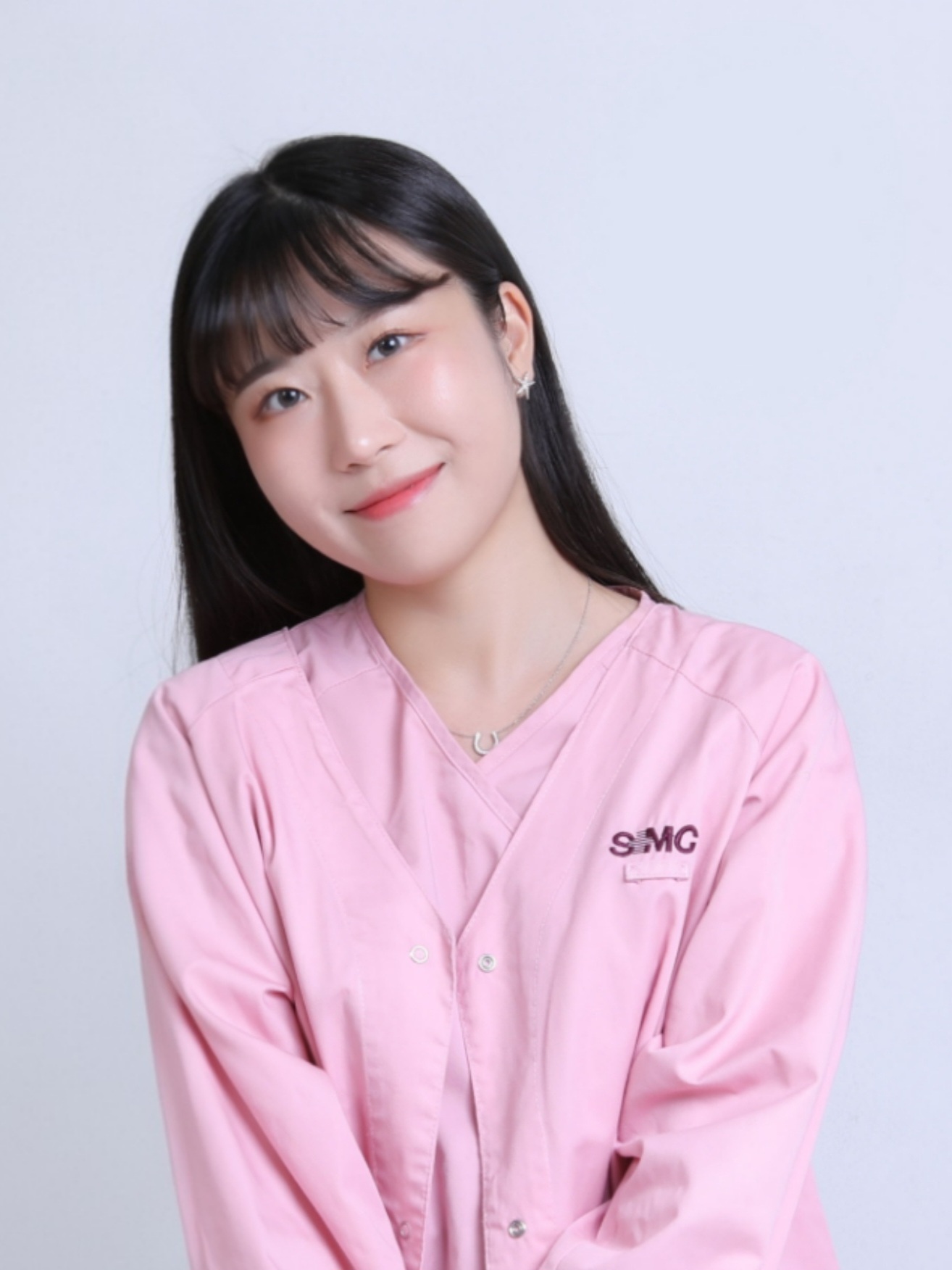 Yuni Chung is a UW School of Nursing PhD in Nursing Science student and one of the de Tornyay Center for Healthy Aging’s predoctoral scholars.
Yuni Chung is a UW School of Nursing PhD in Nursing Science student and one of the de Tornyay Center for Healthy Aging’s predoctoral scholars.
What drew you to nursing?
When I was a middle school student, my grandmother developed Parkinson’s disease. She needed assistance, so I was responsible for helping her with activities of daily living. I thought it was very valuable to take care of somebody, so I wanted to become a nurse after that.
What interests you about healthy aging?
I worked on a respiratory medicine ward, where many of the patients were older adults living with chronic respiratory conditions and other comorbidities. A lot of them struggled to change their lifestyle and unhealthy behaviors. After discharge, they often returned to the hospital because it was difficult to manage their symptoms and health at home.
These experiences led me to become interested in chronic disease management and in improving care, especially among older adults. I believe digital interventions can be one way to support healthy aging and better self-management, so I am interested in digital health care and digital technologies.
What do you find most interesting about digital intervention research?
I was always curious about ways to get people to adhere to a digital intervention over the long term. At first, people find it very interesting to use apps or digital devices to manage their health, but eventually they lose interest and they drop out. So, I’m curious to find out how to make them stick to that intervention for a prolonged time.
I did a prior literature search. Small monetary incentives were very effective, but we have limited funding and limited time, so I hope I can find another method.
What made you want to transition from clinical practice to research?
Even in clinical settings, there is a strong emphasis on evidence-based practice, and there were opportunities to participate in research. But as a clinical nurse, I was too busy to fully engage in research projects. I realized I needed dedicated time to focus on research, which is why I decided to pursue a master’s degree in nursing. During my master’s program, I decided to transition my career from clinical practice to research.
At first, I assumed that older adults would have lower levels of digital literacy than younger patients, so I conducted a study comparing digital health literacy between younger and older patients. Surprisingly, their levels were similar. This finding made me think that digital interventions could also be feasible for older adults.
What did you like about your research experience in your master’s program?
It was interesting to use what I learned in class to an actual research setting, recruiting the participants, and using statistical software to analyze my data. And when my first article was published, it was very rewarding.
What part of publishing an article did you find most rewarding?
No single research study is perfect. Many research papers stack together to build a single piece of knowledge. I was happy that I could contribute to that stack of papers.
Is there anything else you’d like to share?
I was born and raised in Korea, and although I learned English, this is my first time using it so intensively. I am trying to adapt quickly to academic life and daily life in the United States.
I am also excited to meet people from very diverse backgrounds. In Korea, many people share relatively similar experiences and social contexts. Here, I can meet people from many different places and perspectives, and I feel that this helps me broaden my own perspective as a person and as a nurse scientist.